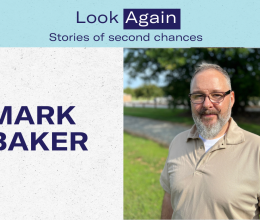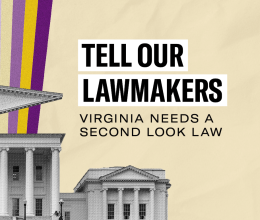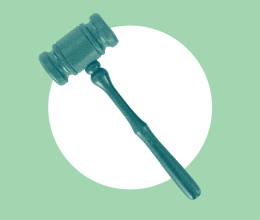Richmond, VA – The American Civil Liberties Union (ACLU) of Virginia today condemned Governor McAuliffe’s action on two bills that will create a new sex offender registry, SB 1074 and HB 1353.
“We are disappointed in the Governor’s decision to sign these bills,” said ACLU of Virginia Executive Director Claire Guthrie Gastañaga. “Not only does it create an added punishment beyond any penalty handed down as a part of a criminal conviction, it also fails to provide any rational connection to public safety.”
The new law will require the Virginia State Police to create a supplemental sex offender registry that includes all persons convicted between July 1980 and July 1994 for a crime that would mandate sex offender registration if it occurred in 2015. The supplemental registry will contain a name, year of birth, date of the conviction, jurisdiction in which the conviction occurred, the person’s age on the date of conviction, the offense of which he was convicted, and the Code of Virginia section of the conviction.
“Many people on the list may have lived decades without reoffending only now to be stigmatized retroactively. Others listed on the new registry may be in prison, may have long since moved out of the jurisdiction or may have died,” added Gastañaga. “Moreover, the new registry does not require inclusion of address or photo to minimize the chance of misidentification, a failure that could result in the labeling of innocent Virginians as sex offenders.”
The ACLU has long opposed the creation of sex offender registries as ineffective, counter-productive, and a waste of resources better spent on counseling and treatment. It has also maintained, however, that if a sex offender registry must exist, at a minimum, it must have a clear connection to public safety. Virginia's new law fails to provide that clear connection.
“The reality is that these public registries don’t make us or our kids safer and do nothing to reduce the risk that a sex offender will reoffend,” Gastañaga added. “The proposed new registry is particularly egregious in its lack of safeguards to ensure that the public is given the most accurate information regarding potential sex offenders, thus failing to provide a true safety net.”




